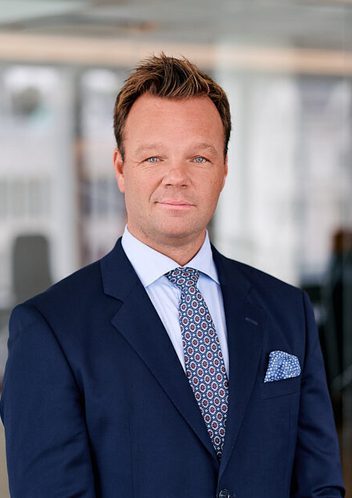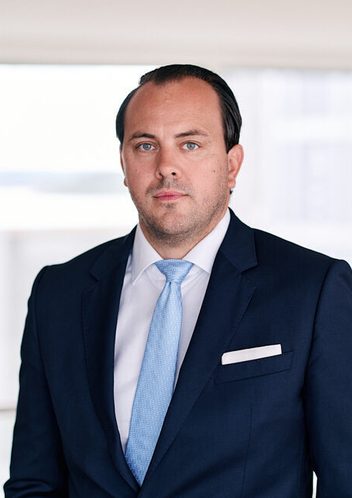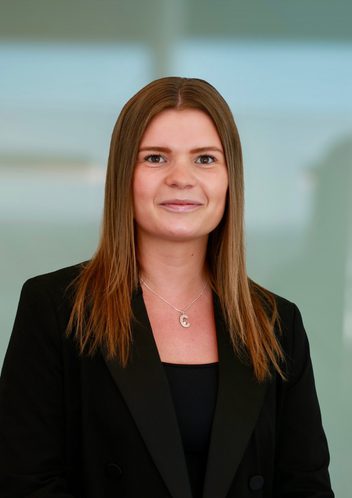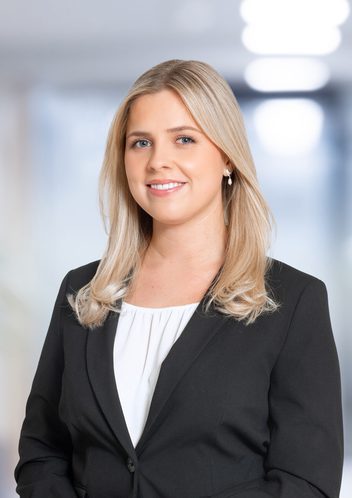
Klaus Henrik Wiese-Hansen
Partner
Oslo
Newsletter
Published:
Almost a year has passed since UCITS VI (amending directive (EU) 2024/927) was adopted. Around a year remains until the deadline for transposition in the EU. Below we will look at some of the amendments to the UCITS rules, and how they are likely to affect funds and management companies in Denmark, Norway and Sweden.
Today, Danish, Norwegian and Swedish management companies are subject to quarterly reporting requirements to each respective regulator. UCITS VI will introduce reporting similar to the "Annex IV-reporting" that AIFMs are subject to currently.
The new harmonised reporting rules will require management companies to report to the home state of the fund they manage. The receiving competent authority shall transmit information reported to other relevant competent authorities.
Norwegian managers having redomiciled Norwegian funds to other EEA-jurisdictions and who are now managing such funds on a cross-border basis from Norway, will therefore have to fulfil such reporting requirements notwithstanding any delay in transposition in Norway.
One of the most important characteristics of UCITS is the right to redeem units in cash. In more developed fund jurisdictions, it is common for the fund/management company to employ different mechanisms to limit this right under extraordinary market conditions in order to safeguard investor value.
The new rules will require UCITS to select at least two appropriate liquidity management tools from those in new Annex IIA to the directive: suspension of redemptions, gating, extension of notice periods, redemption fee, swing pricing, dual pricing, anti-dilution levy, redemption in-kind and side pockets. Activation and deactivation shall be regulated in "detailed procedures".
In Norway, management companies may currently only limit this right subject to prior consent from the Financial Supervisory Authority of Norway (FSAN). UCITS VI will remove the possibility to have such a consent requirement. This is a positive amendment, as requiring prior regulator consent risks delay under critical conditions and creates uncertainty both for investors and the management company. Likely, the FSAN will also be happy to avoid being put on the spot in such matters. After all, the management company will have the most direct knowledge of prevailing conditions and measures that should be taken.
The Norwegian Fund and Asset Management Association ("Verdipapirfondenes forening") have petitioned for giving management companies a greater degree of discretion with respect to large redemption requests under normal market conditions. Today, this is only possible through side letters with "large unitholders".
In Sweden, there is no requirement to obtain prior approval by the Swedish Financial Supervisory Authority, however, also Swedish management companies are in practice limited in this aspect as well. Sweden has implemented rules on so called swing pricing, however, rules on for example gating has not been deemed possible to introduce with the current wording of the Swedish law and the UCITS directive.
In Denmark, there is currently no requirement to obtain prior approval by the Danish Financial Supervisory Authority (the DFSA), however there is an obligation to give notice to the DFSA immediately following suspension of the redemption right which notice shall specify the reason for the suspension. A suspension of the redemption right can be exploited in case of unusually large redemptions or under turbulent market conditions.
The competent authorities in the home state of the fund shall still be empowered to require liquidity management tools to be activated (under somewhat more strict conditions). The management company must also notify the competent authorities of the home state of the fund, upon activation of liquidity management tools.
Fund hotels or white label funds can be an attractive option for smaller managers, in particular in early phases. The fund hotel will typically appoint a local fund manager, which in turn delegates portfolio management of individual funds to a manager. The appointed manager of a fund hotel will therefore necessarily have less control over the day-to-day management of individual funds in its structure, and the manager of individual funds will have less control over the fund structure itself, than in a traditional setup. Using fund hotels may also raise particular issues with respect to pre-marketing and marketing.
The AIFMD introduced the concept of "letter-box entity" as a limit or substance requirement for alternative investment fund managers. The same concept is now introduced in UCITS VI. The EU Commission is empowered to adopt rules specifying when a management company is a letter-box entity. It remains to be seen how this will affect fund hotels in practice.
In addition, the rules governing conflicts of interest will be strengthened, requiring "detailed explanations" with respect to how conflicts of interests with respect to the initiator are managed.
UCITS VI will define the fund name itself as precontractual information. Consequently, the name of the fund will be required to be fair, clear and not misleading, as well as not wrongly enticing investors. ESMA will likely also issue guidelines on this subject.
Norway is not a large fund jurisdiction. Both Norwegian fund legislation and fund infrastructure is generally underdeveloped compared to typical "fund jurisdictions" such as Ireland or Luxembourg. With respect to UCITS funds, Norwegian law only caters for contractual funds. No rules exist for establishing corporate UCITS funds in Norway. Norway as a fund jurisdiction currently also has a lack of flexibility with respect to investor rebates, currency hedging and an unfavorable tax treatment of fixed income funds.
In 2024, several large Norwegian fund managers, such as Storebrand and Alfred Berg (under BNP Paribas), chose to redomicile their Norwegian domiciled funds (and likely part of their operations) to Sweden to become subject to more flexible regulatory rules and more favorable tax treatment. The UCITS directive regulates both at the level of the fund and the level of the management company. Norwegian management companies having redomiciled funds to other EEA jurisdictions, such as Sweden, will therefore be affected by implementation of UCITS VI before Norwegian implementation, and by any mismatch in the implementation.
It remains to be seen when UCITS VI is implemented in Norway. Norway is facing scrutiny from the EFTA surveillance authority for a large backlog in implementing directives, which seems to be getting bigger. A relatively large number (well over 500) of directives and regulations, including in the financial sector, remain unimplemented (wholly or partially).
In Sweden, UCITS VI has been somewhat overshadowed by other areas of the Swedish committee mandate "A modernized regulatory framework to strengthen competitiveness and resilience in the Swedish fund market", that also includes a mandate to consider introduction of fund structures with variable capital (similar to Luxembourg based SICAVs), more flexible rules for contractual funds other than UCITS and special funds (Sw. specialfonder), and a transparent fund structure for institutional investors. The committee is expected to publish its proposals before 30 April 2025.

Partner
Oslo

Partner
Oslo

Partner
Oslo

Partner
Stockholm

Associate
Copenhagen

Associate
Stockholm

Associate
Oslo

Associate
Oslo

Senior Associate
Oslo
